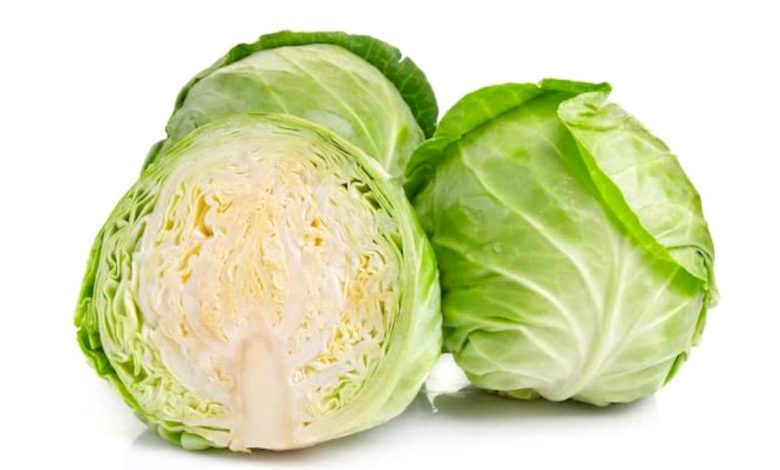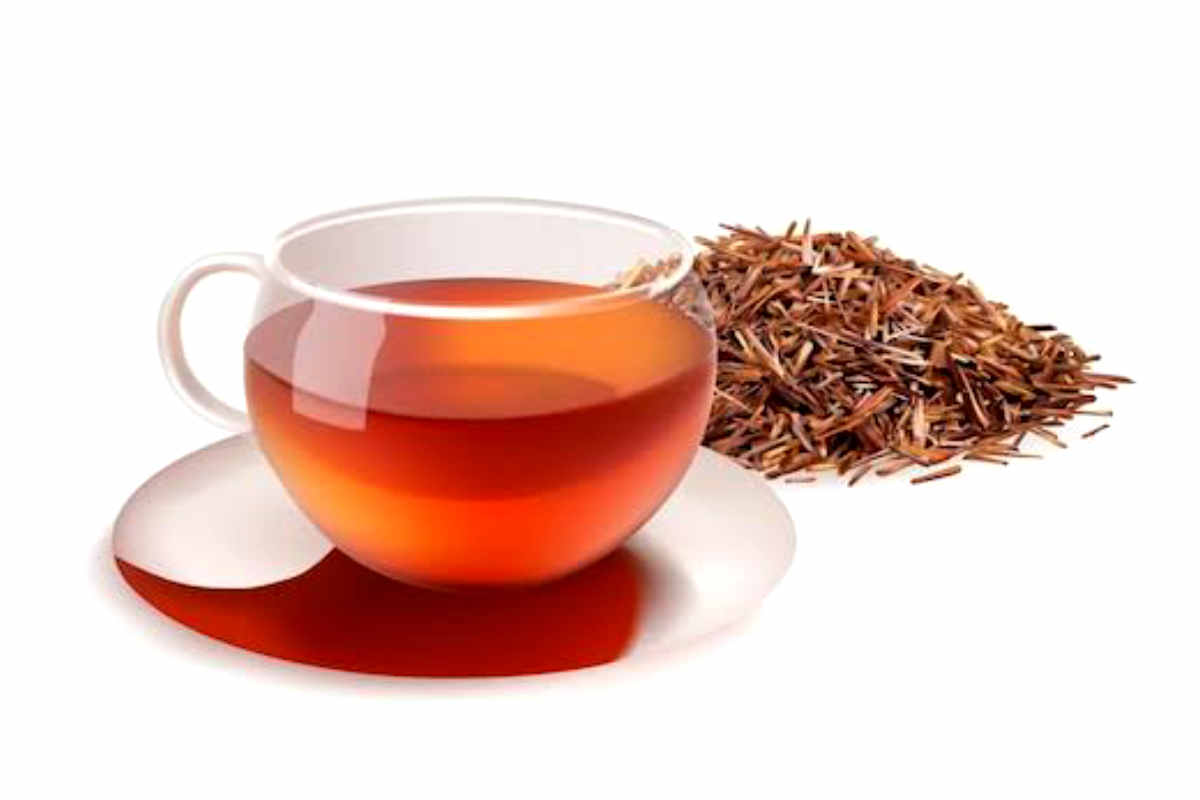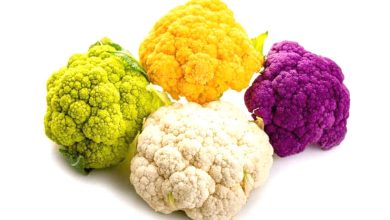The Unassuming Powerhouse: Health Benefits of Cabbage

(Health Benefits Of Cabbage)
Often overlooked in favor of its more flamboyant counterparts, cabbage, with its humble exterior, hides a wealth of nutritional benefits. This versatile cruciferous vegetable has been used for centuries as a staple food, and recent research has shed light on its potential health-promoting properties. In this article, we delve into the various ways cabbage can contribute to your overall well-being.
A Nutritional Powerhouse
Cabbage is packed with essential nutrients that support optimal health. It is a rich source of vitamins and minerals, including:
- Vitamin C: A potent antioxidant that boosts immunity and aids in iron absorption.
- Vitamin K: Crucial for blood clotting and bone health.
- Folate: Essential for cell growth and development, particularly important during pregnancy.
- Fiber: Promotes digestive health, regulates bowel movements, and contributes to satiety.
- Potassium: Helps maintain healthy blood pressure.
- Calcium: Vital for strong bones and teeth.
- Antioxidants: Compounds that protect cells from damage caused by free radicals.
Beyond the Basics: The Health Benefits of Cabbage
Digestive Health: Cabbage is a natural fiber-rich food that can help improve digestion. The fiber content promotes regular bowel movements, preventing constipation and bloating. Additionally, cabbage contains phytochemicals that can help maintain a healthy gut microbiome, essential for overall digestive function.
Weight Management: The combination of fiber and low calorie content in cabbage makes it a great choice for those looking to manage their weight. Fiber can help you feel full for longer, reducing overall calorie intake. Moreover, cabbage is a low-carb vegetable, making it suitable for various dietary plans, including keto and low-carb diets.
Heart Health: Cabbage is believed to have beneficial effects on heart health. It contains antioxidants that can help lower cholesterol levels and reduce the risk of heart disease. Additionally, the potassium in cabbage can help regulate blood pressure.
Anti-inflammatory Properties: Cabbage is rich in antioxidants and phytochemicals that have anti-inflammatory properties. Chronic inflammation has been linked to various health conditions, including heart disease, diabetes, and cancer. By incorporating cabbage into your diet, you may help reduce inflammation and improve your overall health.
Cancer Prevention: Some studies suggest that consuming cruciferous vegetables like cabbage may be associated with a reduced risk of certain types of cancer, including colon, breast, and prostate cancer. This may be due to the presence of phytochemicals called glucosinolates, which break down into compounds with potential anticancer properties.
Skin Health: The antioxidants in cabbage can help protect your skin from damage caused by free radicals, which can contribute to premature aging. Additionally, the vitamin C in cabbage is essential for collagen production, a protein that gives your skin structure and elasticity.
Brain Health: Emerging research suggests that the antioxidants and phytochemicals in cabbage may have neuroprotective effects, helping to protect your brain from age-related decline. These compounds can help reduce oxidative stress and inflammation in the brain, which are believed to contribute to conditions like Alzheimer’s disease and dementia.
Incorporating Cabbage into Your Diet
Cabbage is a versatile vegetable that can be enjoyed in various ways. Here are some ideas for incorporating it into your diet:
- Raw: Shredded cabbage can be added to salads, wraps, or sandwiches for a fresh and crunchy texture.
- Cooked: Cabbage can be steamed, sautéed, or roasted. It can also be used in soups, stews, and stir-fries.
- Fermented: Sauerkraut and kimchi are fermented cabbage dishes that offer additional health benefits, including probiotics.
- Juiced: Cabbage juice can be enjoyed on its own or combined with other fruits and vegetables for a refreshing and nutritious drink.
A Deeper Dive into Cabbage’s Health Benefits: Specific Conditions and Research
While the general health benefits of cabbage are well-established, it’s worth exploring some specific conditions where this versatile vegetable may offer particular advantages.
Cabbage and Diabetes
Cabbage is a low-glycemic vegetable, meaning it doesn’t cause a sharp spike in blood sugar levels. This makes it a suitable choice for people with diabetes. The fiber in cabbage can also help regulate blood sugar levels by slowing down the absorption of glucose into the bloodstream.
Cabbage and Ulcers
Cabbage has been traditionally used to soothe digestive upset, including ulcers. Some studies suggest that the compounds in cabbage may help reduce inflammation in the digestive tract and protect the lining of the stomach.
Cabbage and Arthritis
The anti-inflammatory properties of cabbage may be beneficial for people with arthritis. While more research is needed, some studies have shown that consuming cruciferous vegetables like cabbage may help reduce joint pain and inflammation.
Cabbage and Skin Health
Beyond protecting against free radical damage, cabbage may also have other benefits for skin health. The vitamin C in cabbage is essential for collagen production, which gives your skin structure and elasticity. Additionally, some people use cabbage juice as a natural remedy for skin conditions like acne and eczema.
Cabbage and Hair Health
While there is limited research on cabbage’s effects on hair health, some anecdotal evidence suggests that it may promote hair growth and prevent hair loss. This may be due to the nutrients in cabbage, such as iron and vitamin C, which are essential for healthy hair follicles.
Cabbage and Weight Management
As mentioned earlier, cabbage is a low-calorie, fiber-rich vegetable that can help with weight management. The fiber in cabbage can help you feel full for longer, reducing overall calorie intake. Additionally, cabbage can be a satisfying and filling addition to meals without adding excessive calories.
Cabbage and Cholesterol
Some studies suggest that consuming cabbage may help lower cholesterol levels. The antioxidants in cabbage can help reduce oxidative stress, which can contribute to high cholesterol levels. Additionally, the fiber in cabbage can help bind to cholesterol in the digestive tract, preventing its absorption.
Cabbage and Liver Health
Cabbage contains antioxidants that can help protect the liver from damage caused by free radicals. Additionally, the fiber in cabbage can help regulate digestion and prevent constipation, which can put stress on the liver.
Cabbage and Bone Health
The calcium and vitamin K in cabbage are essential for bone health. These nutrients help maintain bone density and reduce the risk of osteoporosis.
Cabbage and Detoxification
Cabbage is often touted as a natural detoxifier. While there is no scientific evidence to support this claim, the fiber and antioxidants in cabbage can help support the body’s natural detoxification processes.
Tips for Incorporating Cabbage into Your Diet
Experiment with different cooking methods: Try steaming, sautéing, roasting, or fermenting cabbage to find your favorite way to enjoy it.
Add cabbage to salads and sandwiches: Shredded cabbage can add a fresh and crunchy texture to salads and sandwiches.
Use cabbage in soups and stews: Cabbage can add a hearty and nutritious element to soups and stews.
Make sauerkraut: Sauerkraut is a fermented cabbage dish that offers additional health benefits, including probiotics.
Drink cabbage juice: Cabbage juice can be enjoyed on its own or combined with other fruits and vegetables for a refreshing and nutritious drink.
By incorporating cabbage into your diet, you can enjoy the many health benefits it has to offer. Remember, while cabbage is a nutritious food, it should be consumed as part of a balanced diet.
Conclusion
Cabbage is a nutritional powerhouse that offers a wide range of health benefits. From improving digestion and promoting weight management to supporting heart health and reducing the risk of chronic diseases, this humble vegetable can play a significant role in your overall well-being. By incorporating cabbage into your diet, you can enjoy the many benefits it has to offer.





ydv1dw